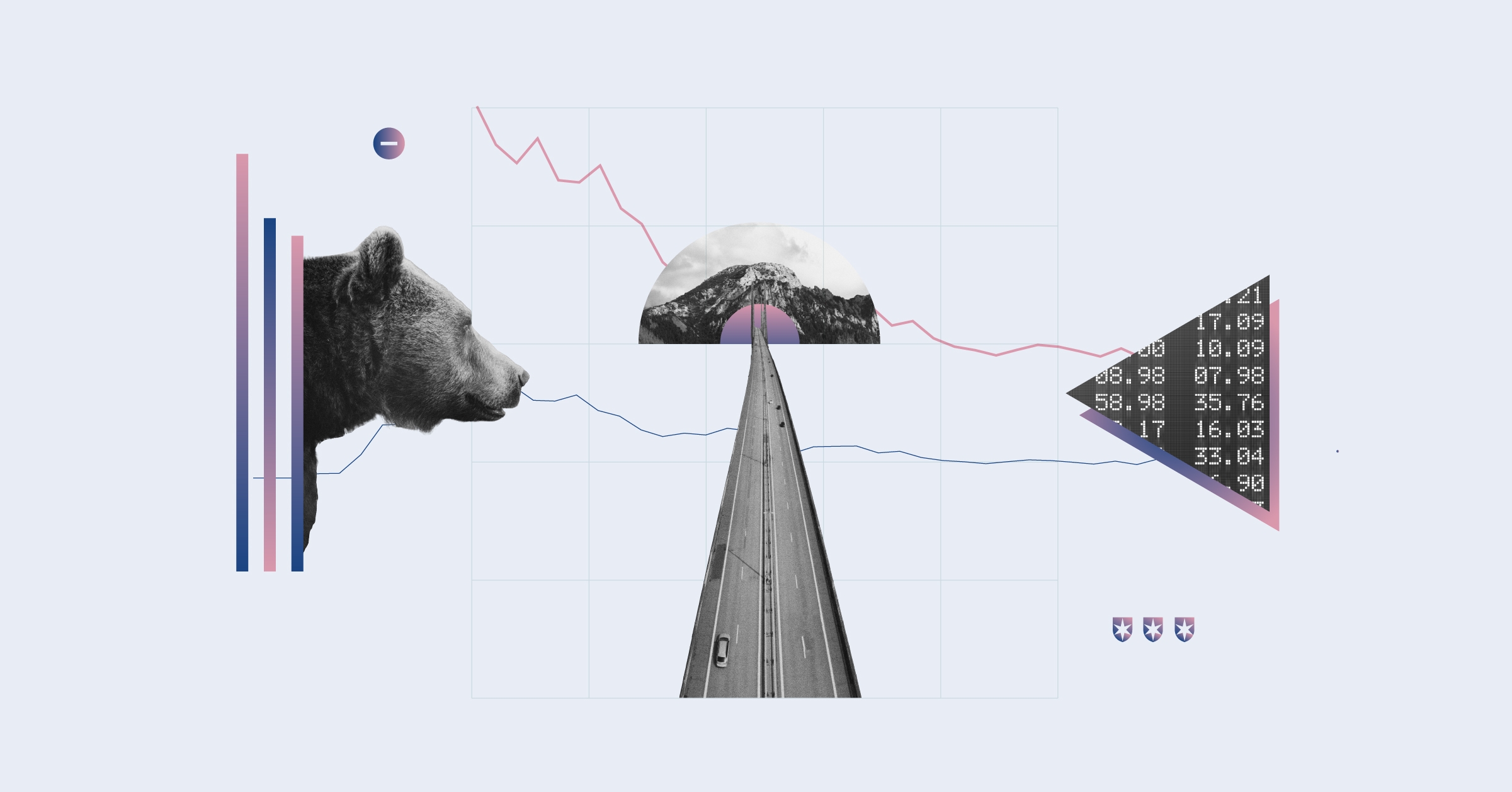Mackenzie Ivy Foreign Equity, a mutual fund, and the much newer Mackenzie Ivy Global Equity (MIVG), an exchange-traded fund, have many similarities. They're managed by the same team of portfolio managers. The investment strategy and stock-selection process are the same. So are most of the holdings.
But the $4.4-billion mutual fund that dates back to October 1992, and its tiny $3.1-million ETF counterpart launched in November, are far from identical twins. And it's not just because of the vast differences in their size and inception dates.
In terms of their risk-return profiles, what sets the two funds apart the most from each another is the large disparities in their cash positions. The mutual fund has ample cash reserves, while the ETF is almost fully invested.
Matt Moody, a member of the Ivy team of portfolio managers at Mackenzie Investments in Toronto, notes that the mutual fund currently holds about 30% cash. By contrast, the cash reserve of the ETF is less than 5% of assets.
As a result, says Moody, there will be a "fairly large" difference in the short-term performance between the two. In choosing between the two products, investors and advisors should take this into consideration. "Some investors are comfortable with cash," says Moody, "but some people are not as big a fan, so (the ETF) gives them the option."
Moody points out that the currently high cash position is not a permanent feature of the mutual fund. "We don't hold this cash as a market call," he says. The cash reserve has been elevated for a while, he adds, because the expected returns on some stocks that the management team would like to own are unacceptably low at this time.
As for fees, the ETF's management fee of 0.85% gives it a slight edge over the 1% charged by the Series F mutual fund sold through fee-based advisors. The management fee for the Series A fund, which pays trailer commissions to brokers and dealers, is 2%.
Other than about five stock holdings held by the mutual fund but not by the ETF, the holdings are very similar and in similar proportions in the two funds. "So, the equities should perform very similarly over time," says Moody.
The Ivy team's investment process is based on a bottom-up approach with a strict valuation discipline. The time horizon for evaluating stocks is a full market cycle, which historically ranges between six and 10 years. The concentrated ETF portfolio currently has 29 stock holdings, focusing on companies that have demonstrated superior performance over many years.
What the five-member team plus leader Paul Musson do not invest in is equally significant. Favouring conservatively financed and sometimes more defensively run companies, the managers typically find themselves avoiding, or nearly avoiding, some sectors such as energy, telecommunications, utilities and real estate.
"Just by definition," says Moody, "we must be overweight most of the other sectors." The team's discerning stock-by-stock strategy, and exclusion of some sectors, has resulted in a current weighting of close to 50% in the combined consumer cyclical and consumer defensive sectors.
Moody says the consumer space has become a bit of a "catch-all." In their view there are a lot of types of businesses in that sector and some of them are neither consumer or cyclical in nature. "If we look at our own holdings in there," says Moody, "they range from everything from ![]() Nike Inc. (NKE), one of the world's best known brands for athletic goods, to Amcor Ltd., an Australian company that produces plastic packaging, to advertising and communication companies."
Nike Inc. (NKE), one of the world's best known brands for athletic goods, to Amcor Ltd., an Australian company that produces plastic packaging, to advertising and communication companies."
U.S.-based Nike, a provider of athletic footwear, apparel and equipment, is among the top 10 holdings. "First of all," says Moody, "it's understandable. You know what they're doing and you know why they're doing well. They have a great brand and it's been built up over years and years." The team also likes the fairly broad diversification among Nike products and the strength of its balance sheet. "It's a highly competitive and results-oriented business," says Moody. "Like a lot of people who use their products, they do not like to lose."
Another consumer holding is Henkel AG & Co., a German company that has two distinct business lines: consumer-staple products and industrial adhesives. "Henkel is the global leader by a long way in industrial adhesives," says Moody. These products are used in everything from airplanes to mobile phones to packaging of consumer goods.
Along with having a strong balance sheet, the family-controlled Henkel is very customer-focused. Moody says that the team contacted a customer who said Henkel is "the only company that you'll find that will teach you to use less of their product." That's not the ideal way to boost short-term profits, says Moody, "but it does lead to very loyal, sticky customers. And we believe ultimately in their long-term success."
















